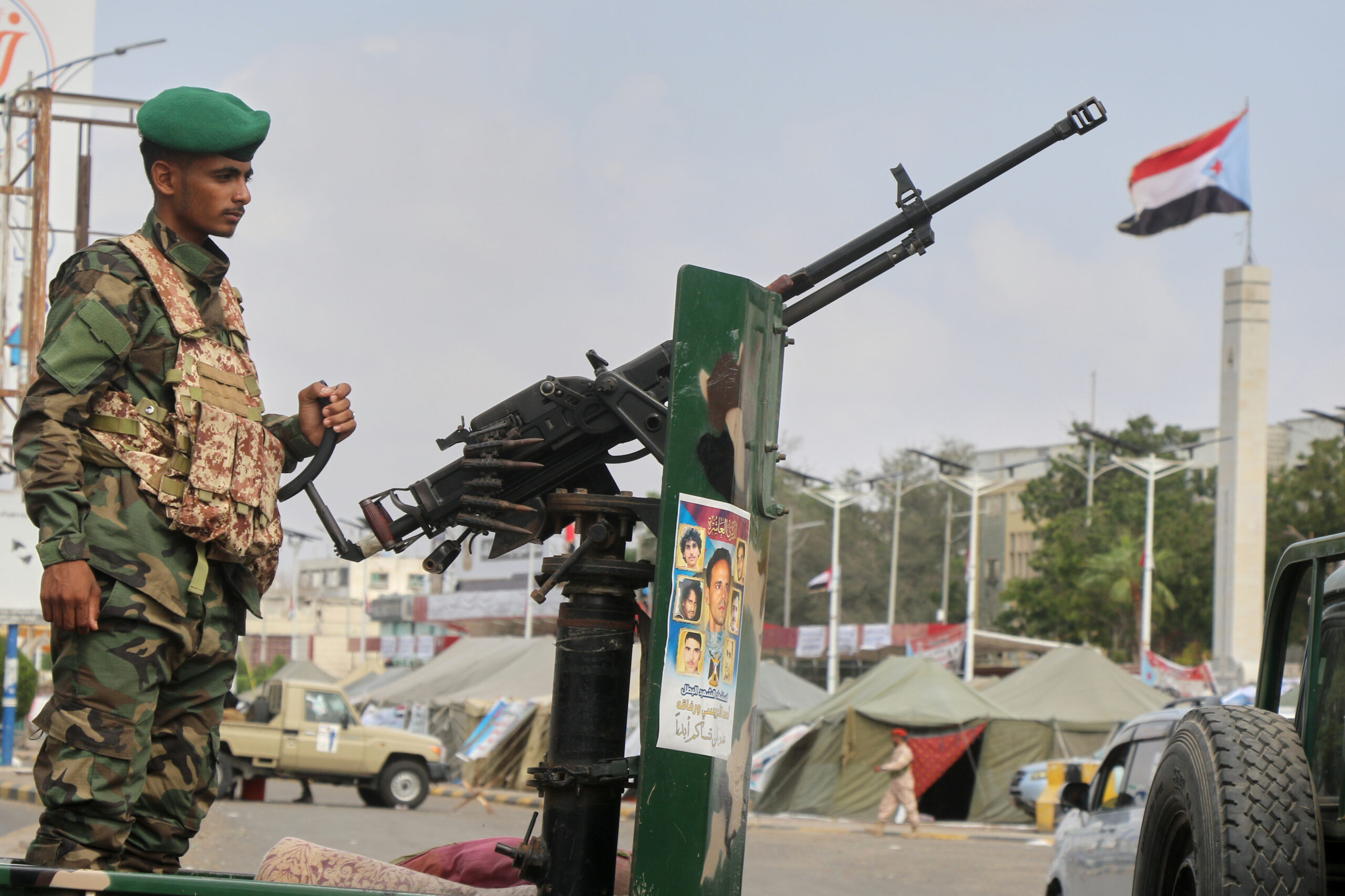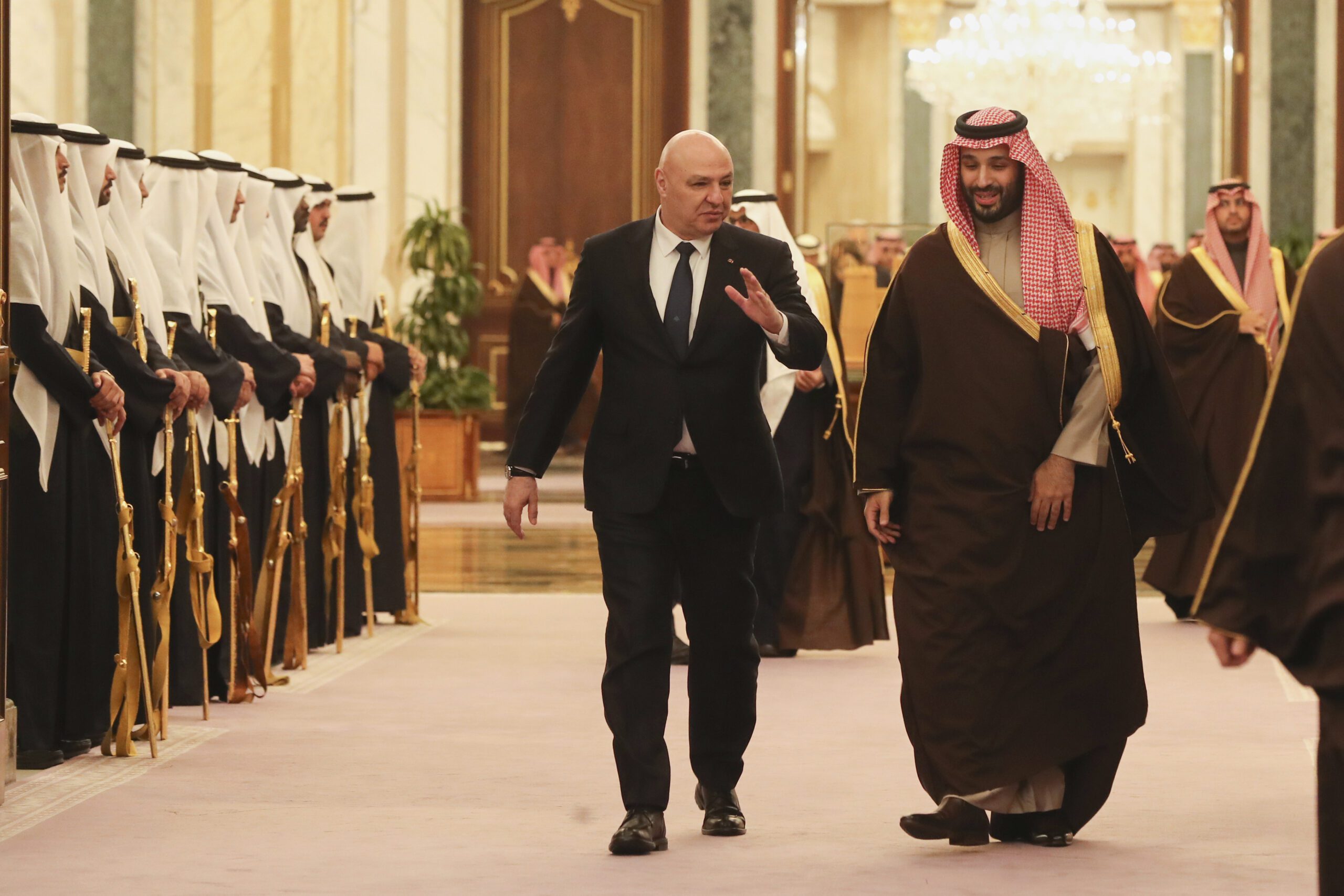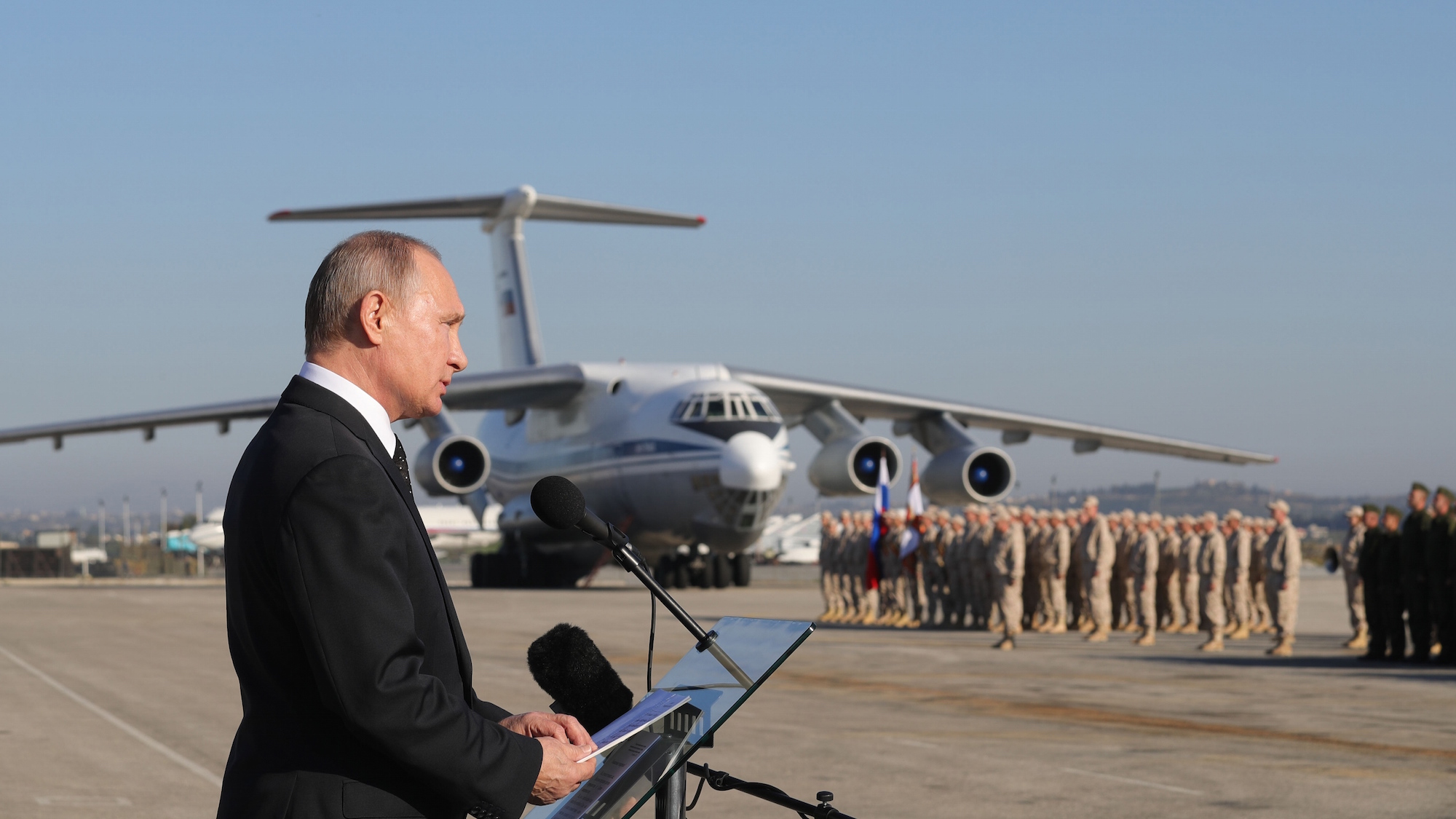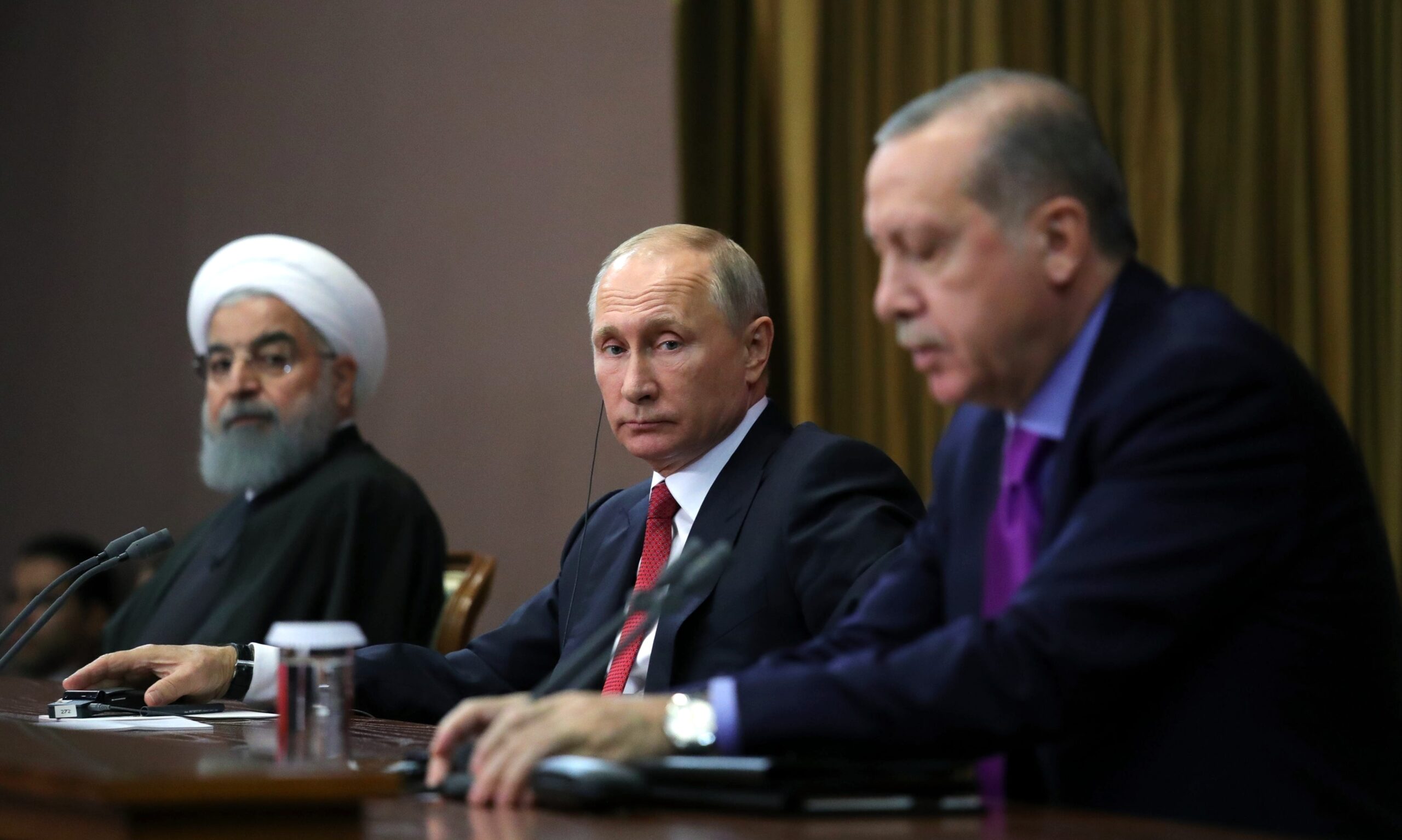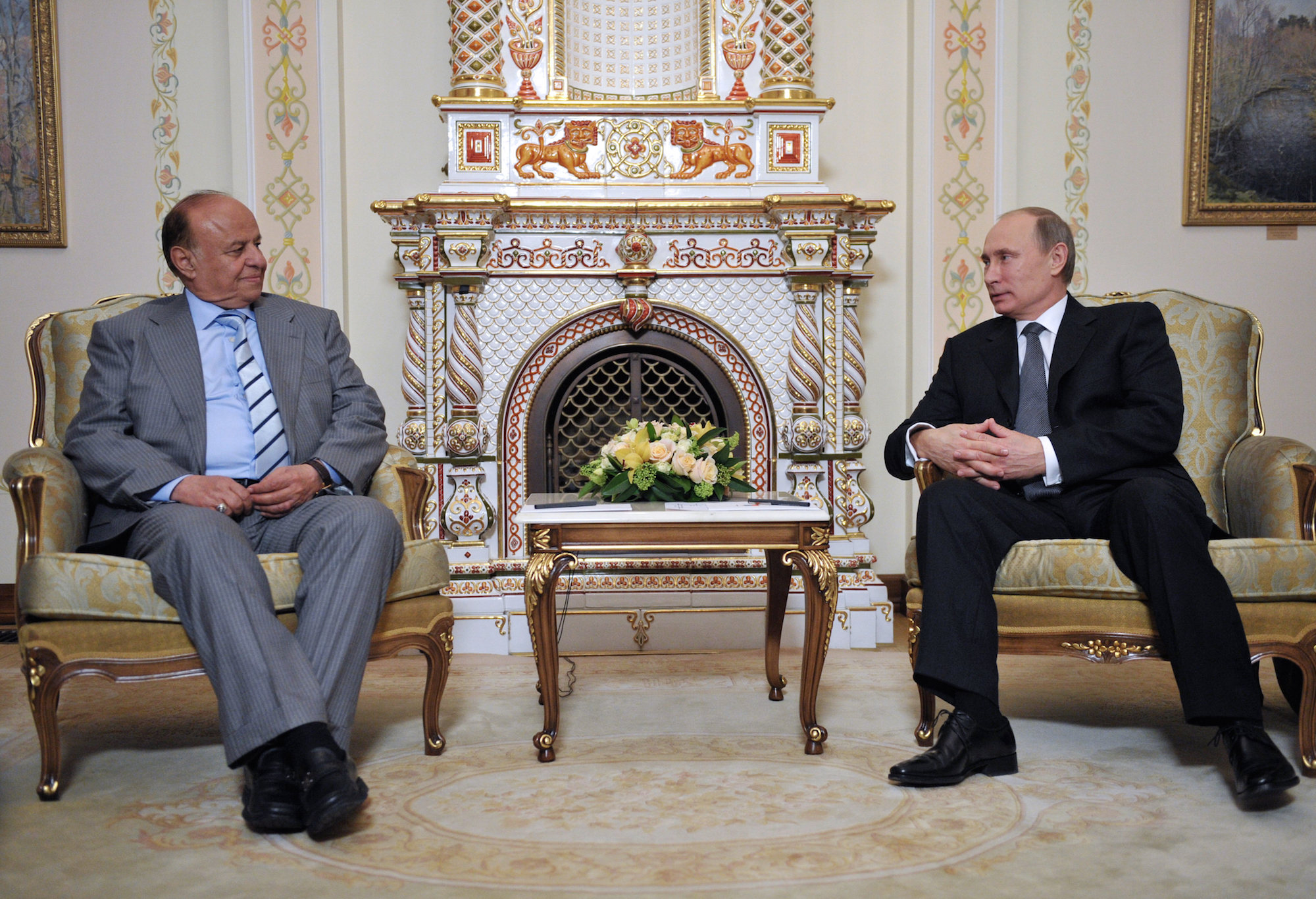Riyadh and Abu Dhabi Draw Closer to Moscow
While on a “working visit” to Moscow, Abu Dhabi Crown Prince Mohammed bin Zayed al-Nahyan met June 1 with Russian President Vladimir Putin, and the two leaders signed a Declaration of Strategic Partnership between Russia and the United Arab Emirates. Two weeks later, Saudi Crown Prince Mohammed bin Salman met with Putin in Moscow, where...
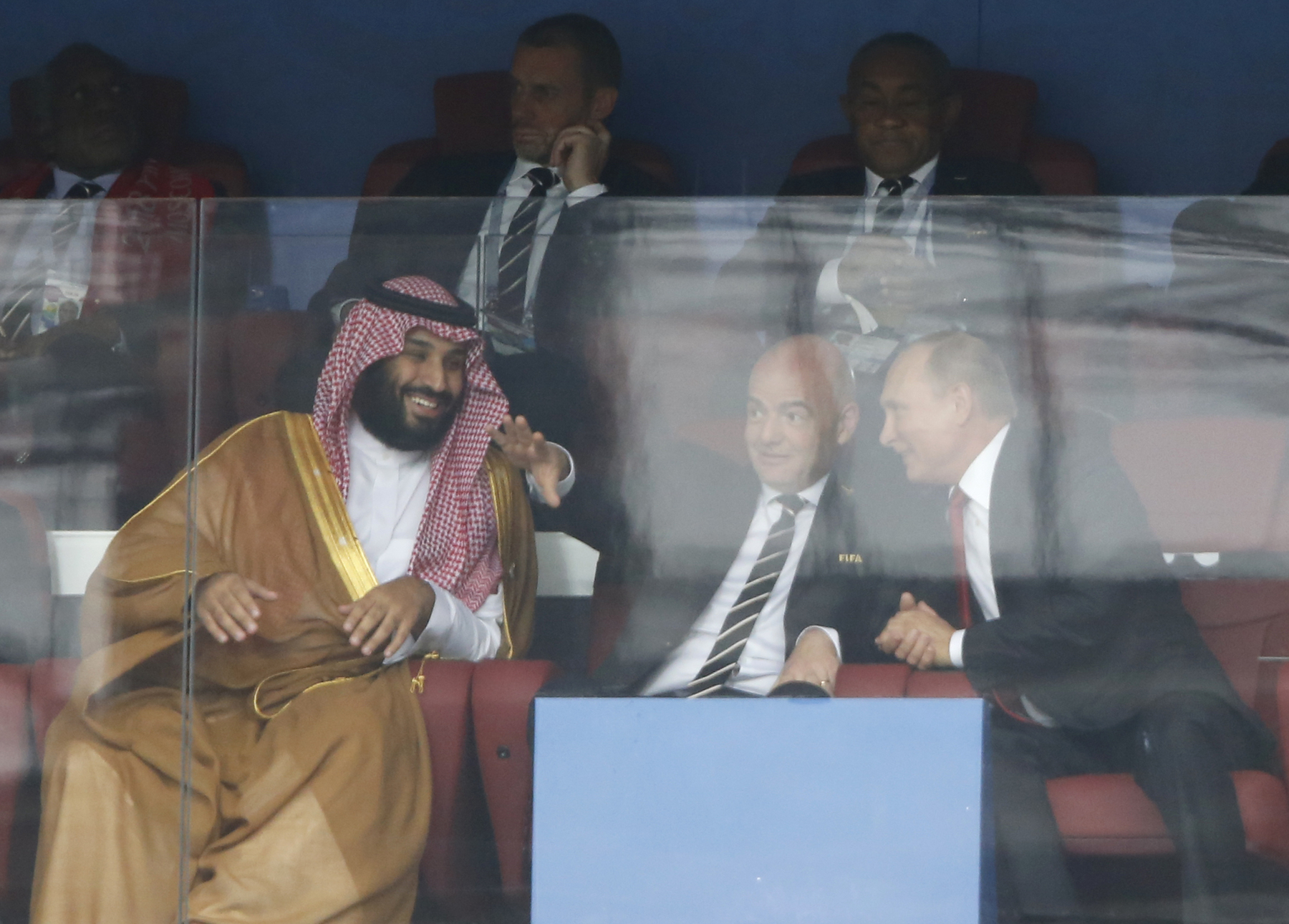
While on a “working visit” to Moscow, Abu Dhabi Crown Prince Mohammed bin Zayed al-Nahyan met June 1 with Russian President Vladimir Putin, and the two leaders signed a Declaration of Strategic Partnership between Russia and the United Arab Emirates. Two weeks later, Saudi Crown Prince Mohammed bin Salman met with Putin in Moscow, where they both watched the opening match of the FIFA World Cup, in which Russia trounced Saudi Arabia 5-0. However, of more long-lasting significance than the outcome of this match, Saudi Arabia and Russia reportedly agreed that the OPEC and non-OPEC agreement to limit oil production in order to support higher oil prices should be extended through 2019 and beyond. Both visits to Moscow are further signs that Saudi Arabia and the UAE are determined to increase cooperation with Russia at a time when relations between Moscow and the West are highly complicated.
The UAE and Saudi Arabia want to pursue closer ties with Russia primarily as a means of balancing Russia’s ties with Iran. While their outreach to Putin is not meant to harm the primacy of their longstanding relationships with the United States, it is intended to send a message to Washington. With Russia firmly back in the Middle East, the UAE and Saudi Arabia aim to develop better relations with Putin and increase their efforts to create distance between Moscow and Tehran. In addition, Riyadh and Abu Dhabi cooperating with Moscow (whether on oil, arms, or trade) is intended to induce Moscow to take more account of their interests and to make sure Tehran understands that the Gulf Arab states also have significant shared interests with Moscow.
The Russia-UAE Declaration of Strategic Partnership is the first such agreement between Moscow and a Gulf state. Though short on specifics, the document calls for: cooperation in the fight against terrorism and extremism (including the training of personnel); intensifying consultations on security and defense; increasing trade and economic ties (including through developing interbank cooperation); and cooperation in the hydrocarbon, atomic energy, and even aluminum industry spheres. In what may have been intended as a rebuke to the administration of President Donald J. Trump, the agreement calls for increased use of natural gas and clean fuel “with a view to reducing emissions of greenhouse gases in accordance with the Paris Climate Agreement,” which the Trump administration announced it will withdraw from.
With only the United States rivaling Saudi Arabia and Russia in levels of oil production, cooperation between Riyadh and Moscow on oil output may be more significant than the OPEC and non-OPEC agreement, which includes many smaller producers. Saudi-Russian cooperation on oil production limits, then, may even set the agenda for the upcoming OPEC meeting in Vienna, where the OPEC and non-OPEC agreement is to be discussed. In addition, photos of Mohammed bin Salman and Putin watching the Saudi-Russian football match suggest a warmth to their relationship that isn’t apparent between Putin and Western leaders.
Improved Saudi and UAE ties with Moscow do not necessarily mean the two Gulf countries are moving away from Washington, however. Both of these Gulf states have far greater degrees of security and economic cooperation with the United States and the West than with Russia, and this is unlikely to end. Indeed, with Trump calling for Russia to be readmitted to the G-7 (Moscow was suspended from the G-8 after Putin’s seizure of Crimea from Ukraine in 2014), among other gestures, it appears that Trump is also trying to improve relations with Putin.
Already, though, there is some sign that the Trump administration may want to limit how friendly Saudi Arabia, the UAE, and other Arab countries become with Moscow. At his June 14 Senate confirmation hearing for appointment as assistant secretary of state for Near Eastern affairs, David Schenker stated that any arms purchases from Russia by Middle Eastern states would be a violation of U.S. sanctions against Russian arms manufacturers, and he would seek to prevent them. If the Trump administration pursues this line, it would force Riyadh to choose between giving up its plans to purchase Russian S-400 air defense missiles or running afoul of U.S. sanctions. The UAE, which has long purchased Russian weapons, would face a similar dilemma. But purchasing some Russian weapons does not mean that the UAE and Saudi Arabia intend to end, or even reduce, their primary dependence for arms on the United States and other Western suppliers. Indeed, it may just be a strategy to encourage Washington to sell more advanced weapons to the Gulf Arab states. It is not clear, though, that the White House recognizes how the inconsistency of seeking to improve U.S. relations with Russia while at the same time trying to limit Gulf Arab interaction with Moscow will negatively affect U.S.-Gulf Arab relations.
The views represented herein are the author's or speaker's own and do not necessarily reflect the views of AGSI, its staff, or its board of directors.




